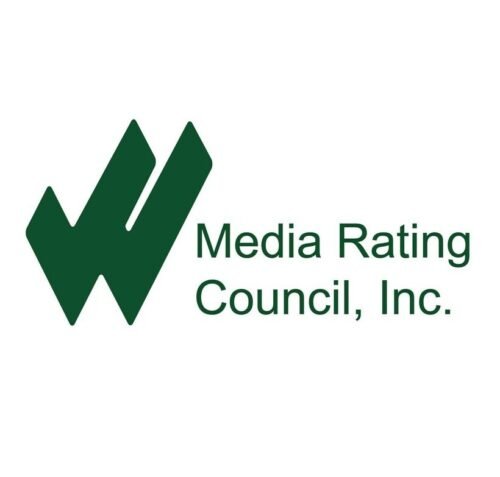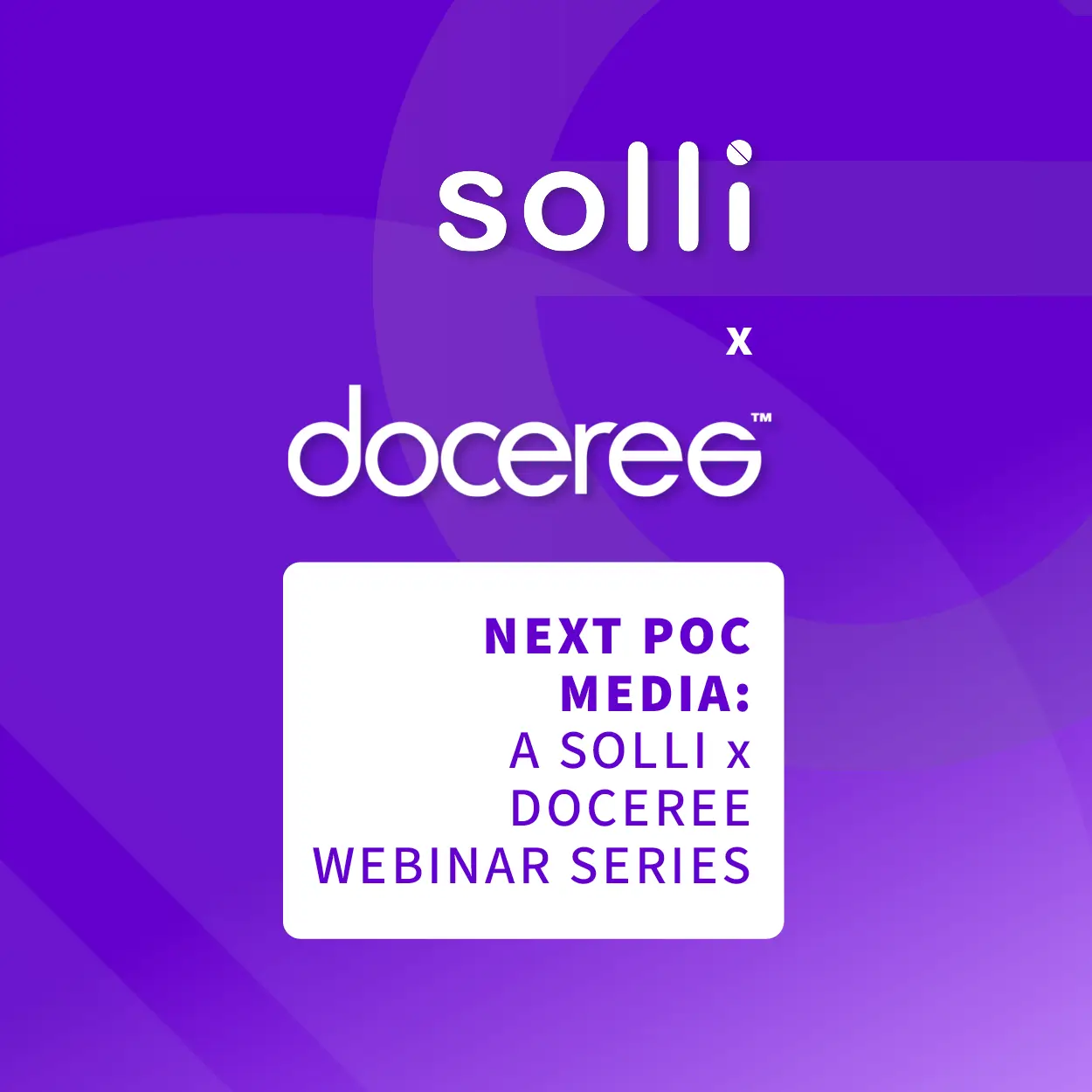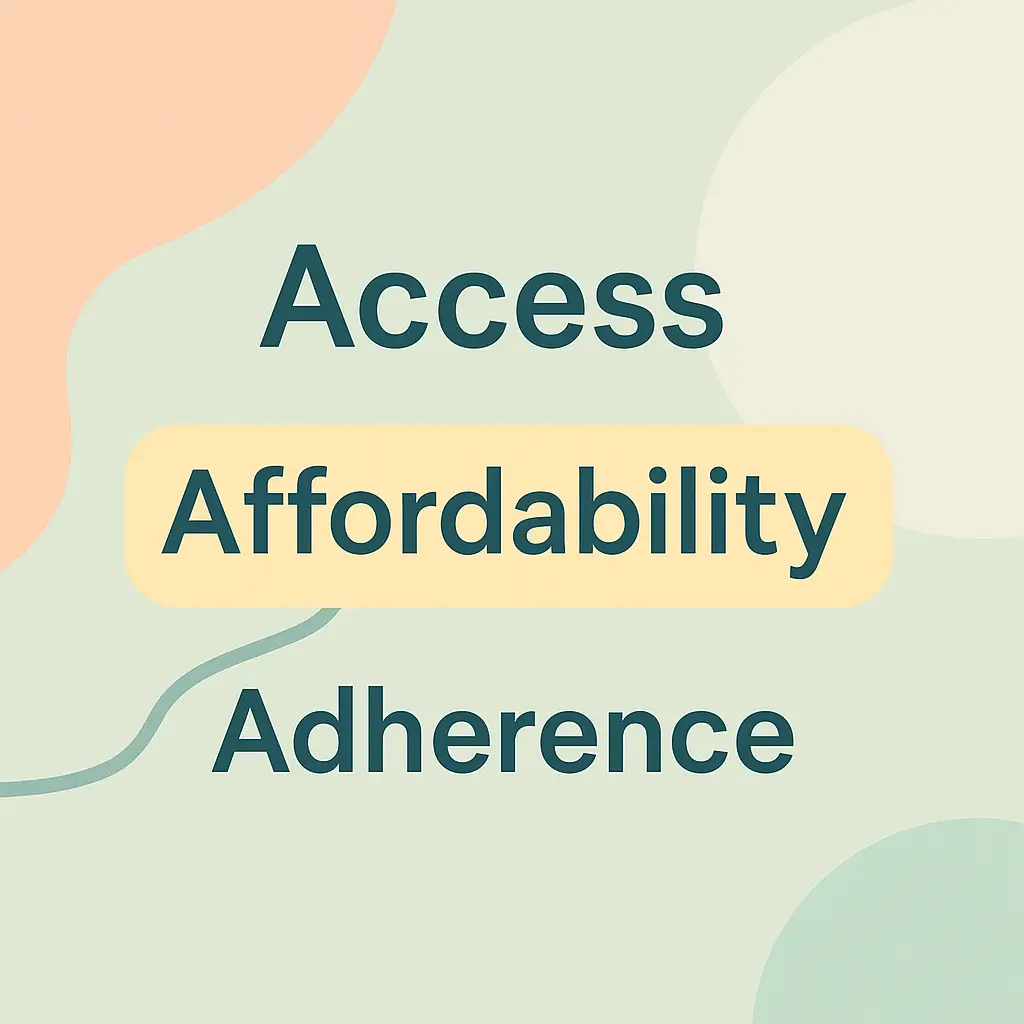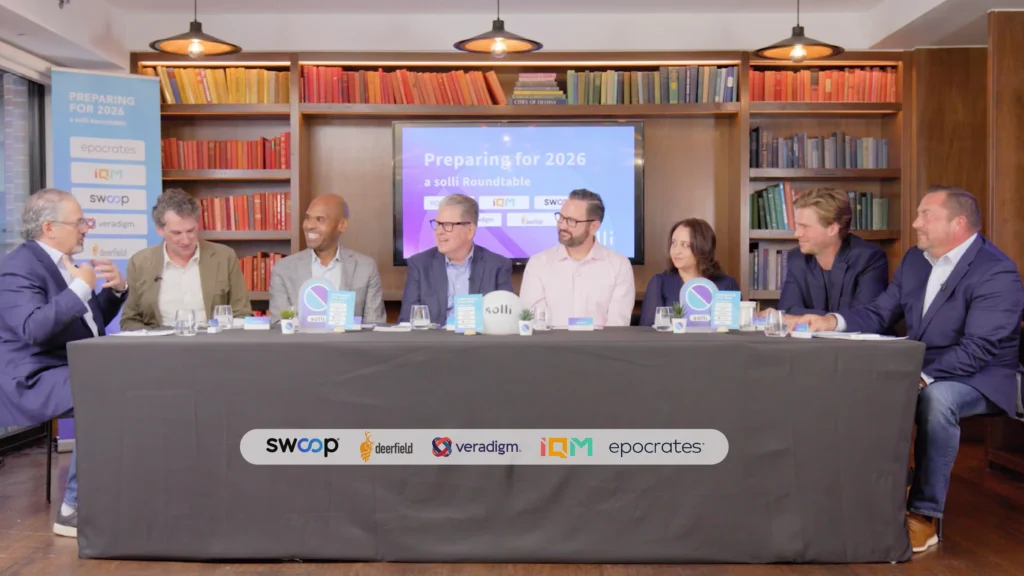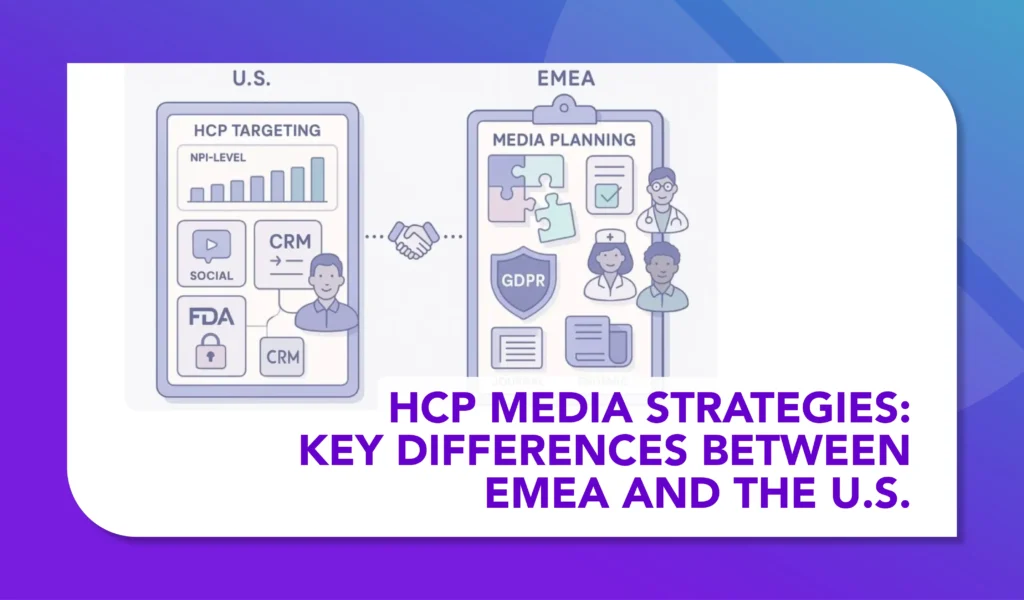Scope3 Exposes Ad Placement Inefficiencies
The report calls for standardized, sustainable digital advertising practices
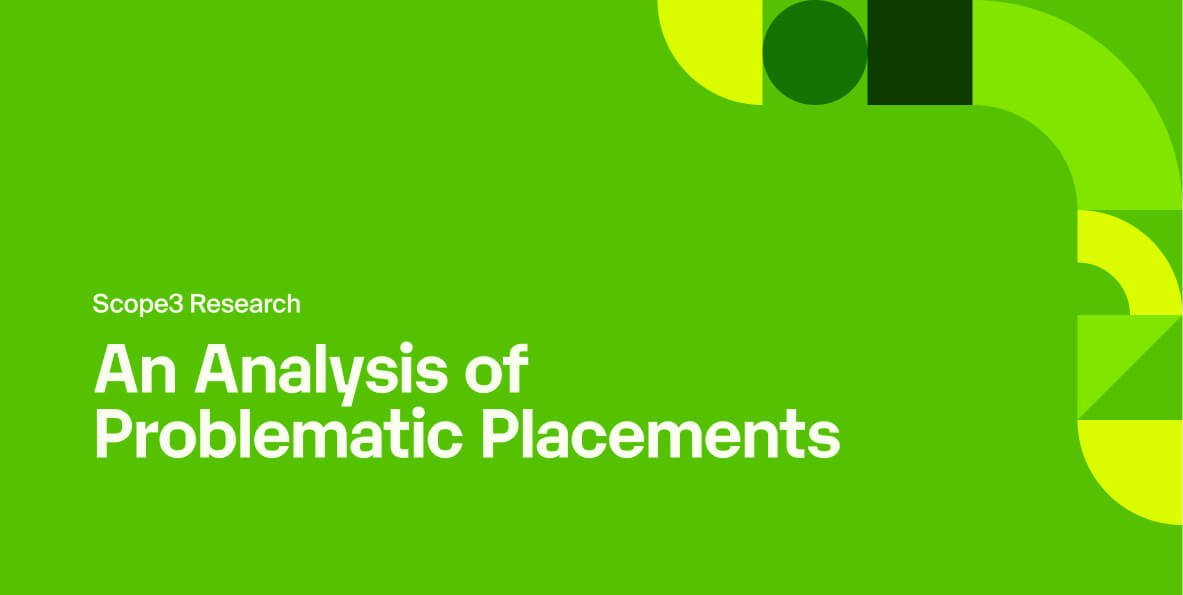
Scope3 launched it’s recent report, “An Analysis of Problematic Placements,” exposes inefficiencies in digital ad placements that contribute to economic waste and increased CO2 emissions. The comprehensive analysis delves into the hidden impacts of certain digital advertising practices and proposes pathways toward more sustainable practices. Although the report does not provide specifics about the global pharmaceutical media industry, this is entirely relevant to this sector.
Key points:
- Problematic Ad Behaviors: Concerns include ads that refresh excessively or remain off-screen, which leads to resource waste and inefficiency.
- Industry Standards: Highlights the absence of precise standards for tracking and decision-making in ad placements, which rely on domain-level data.
- Definitions:
-
- GPID (Global Placement Identifier): A proposed industry standard to uniquely identify ad placements across different platforms to enhance tracking and data consistency.
- Viewport: Refers to the portion of a web page or app that is visible to the user at any given time, which is critical for determining actual ad visibility and engagement.
-
- Impact Analysis: Reports that 36.5% of ad placements refresh every 30 seconds and 48% refresh outside of the viewport, with 33% of placements identified as problematic.
- Environmental Costs: Estimates indicate that problematic placements contribute to approximately 184.4 kilotons of CO2 emissions annually in the U.S. programmatic display...
Sign up for full access – it’s 100% free!
Create your FREE account to continue reading and explore more expert insights on Pharma Media.
✅ Free. Fast. No commitment.




